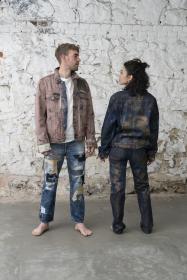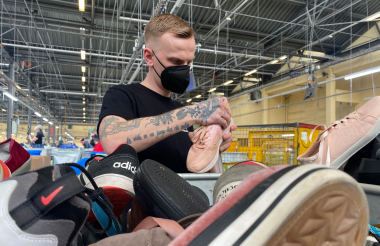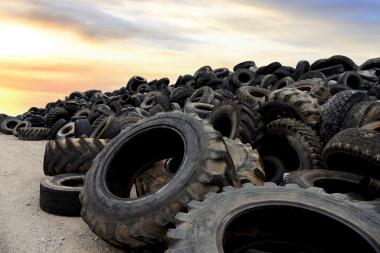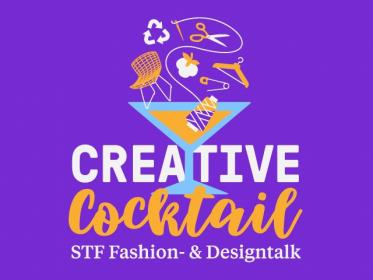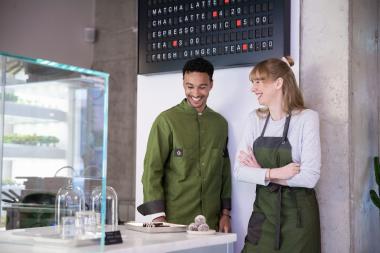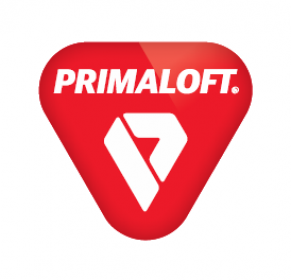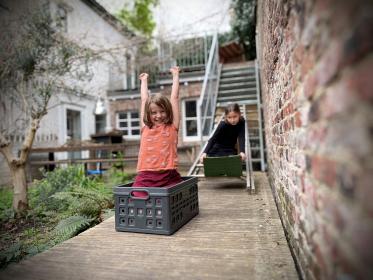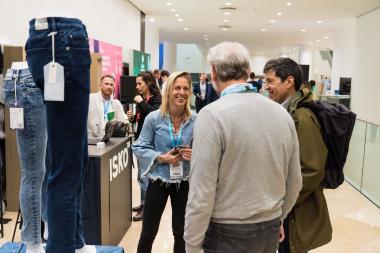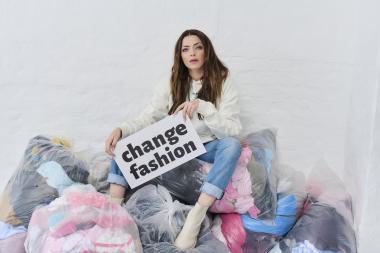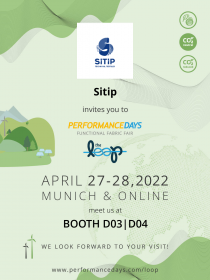Stahl releases annual ESG report with focus on sustainability and transparency
Stahl, an active proponent of responsible chemistry, has published its 2021 Environment, Social, and Governance (ESG) Report. The report outlines the company’s sustainable development ambitions and its achievements over the year. It also features Stahl’s ambitious climate mitigation targets for 2030, such as the transition to more renewable feedstocks.
The 2021 Stahl ESG Report is a cornerstone of Stahl’s commitment to reporting transparently on its progress toward a more sustainable chemicals value chain. This acknowledges the important role that industry must play in tackling climate change while enabling a higher quality of life for more people. A key focal point of the new report is a progress update on Stahl’s ESG Roadmap. Introduced last year, this ten-year plan outlines the company’s ESG commitments and targets for 2023 and 2030.
Climate action
Stahl is focused on mitigating climate change by reducing greenhouse gas (GHG) emissions from all activities over which it has influence. This includes investing in renewable energy and process efficiencies to lower the GHG emissions caused directly by Stahl’s own operations and the energy used to power them. On this point, progress was made toward the 2023 and 2030 targets in 2021, including a reduction in Scope 1 and 2 CO2 emissions of 15%. Also covered are Stahl’s indirect value-chain impacts, for example, from the raw materials it buys. Looking beyond Stahl’s direct environmental impacts and fostering greater supply-chain transparency will be vital for tackling emissions on a wider scale.
Creating responsible chemistry, together
In 2021, advances were made regarding the company’s diversity and safety targets, which are areas of continuous improvement. Stahl is committed to ensuring a safe working environment, as well as nurturing a diverse and inclusive workplace to continuously improve employee skills.
EcoVadis Gold rating
Fostering ethical behavior through exemplary leadership and governance is key to Stahl’s ambitions. Achieving the EcoVadis Gold rating was an important milestone in this respect. This well-established award reflects the company’s ongoing commitment to supply chain transparency and working with partners to improve the sustainability of its products and operations.
Stahl Holdings B.V.






